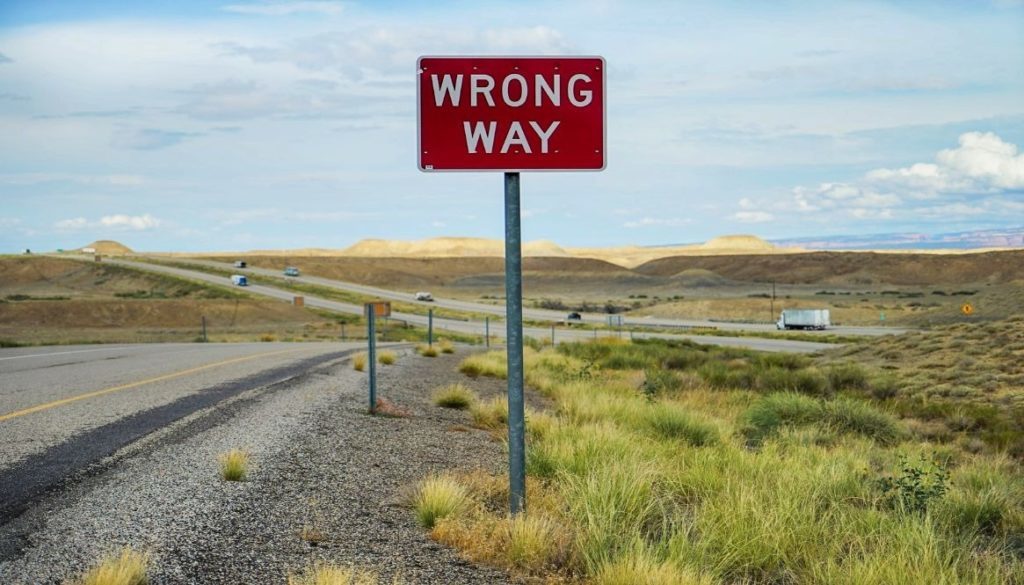It’s Good to be Wrong
“If we try hard to avoid mistakes, we aren’t open to getting the information we need in order to do better.” – Dr. Robert A. Kennedy
One of the most observable global aspects of human nature is the desire to be right. Being wrong or making a mistake is often embarrassing, or even demeaning. Society and traditions have established a strongly negative connotation around making mistakes; although it’s understandable to not want to mess up, I think there are some positive takeaways from making mistakes that society tends to ignore.
Even the most horrendous of intellectual offenses can provide an opportunity to discover something new – being wrong is, in general, a great first step towards learning. Having your knowledge and beliefs challenged on a daily basis will either correct something you had previously misunderstood, or reinforce something you know to be true. Hal Gregersen, executive director of the MIT Leadership Center, suggests the following: “Instead of waking up trying to confirm what you already believe, adopt a growth mindset.” Seeing mistakes as a place of growth rather than decay turns every setback into a step in the right direction.
Even more observable than the universal desire to be right is the fact that humans are fallible. Error is likely the most human thing about us, and the process of getting back up after falling down is vital to substantial growth as an individual. Being wrong is a humbling experience and has a positive effect on a person’s capacity for empathy. Once you make a few mistakes and discover how disheartening it can be, it’s easier to operate from a place of understanding as you observe people make mistakes in the world around you.
“In any moment of decision, the best thing you can do is the right thing, the next best thing is the wrong thing, and the worst thing you can do is nothing.” – Theodore Roosevelt

